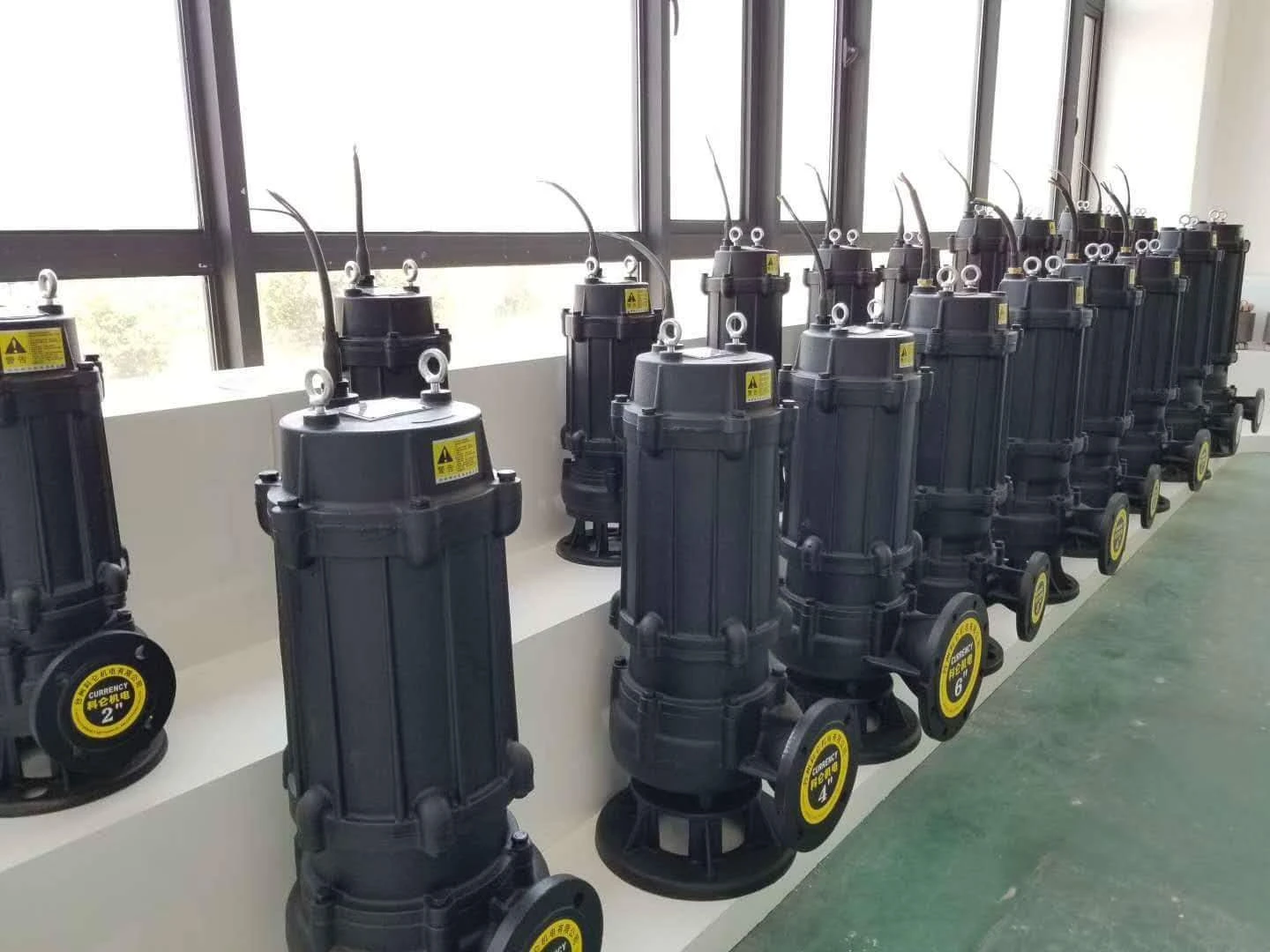English
- Afrikaans
- Albanian
- Amharic
- Arabic
- Armenian
- Azerbaijani
- Basque
- Belarusian
- Bengali
- Bosnian
- Bulgarian
- Catalan
- Cebuano
- Corsican
- Croatian
- Czech
- Danish
- Dutch
- English
- Esperanto
- Estonian
- Finnish
- French
- Frisian
- Galician
- Georgian
- German
- Greek
- Gujarati
- Haitian Creole
- hausa
- hawaiian
- Hebrew
- Hindi
- Miao
- Hungarian
- Icelandic
- igbo
- Indonesian
- irish
- Italian
- Japanese
- Javanese
- Kannada
- kazakh
- Khmer
- Rwandese
- Korean
- Kurdish
- Kyrgyz
- Lao
- Latin
- Latvian
- Lithuanian
- Luxembourgish
- Macedonian
- Malgashi
- Malay
- Malayalam
- Maltese
- Maori
- Marathi
- Mongolian
- Myanmar
- Nepali
- Norwegian
- Norwegian
- Occitan
- Pashto
- Persian
- Polish
- Portuguese
- Punjabi
- Romanian
- Russian
- Samoan
- Scottish Gaelic
- Serbian
- Sesotho
- Shona
- Sindhi
- Sinhala
- Slovak
- Slovenian
- Somali
- Spanish
- Sundanese
- Swahili
- Swedish
- Tagalog
- Tajik
- Tamil
- Tatar
- Telugu
- Thai
- Turkish
- Turkmen
- Ukrainian
- Urdu
- Uighur
- Uzbek
- Vietnamese
- Welsh
- Bantu
- Yiddish
- Yoruba
- Zulu
Telephone: +86 13120555503
Email: frank@cypump.com
Nov . 24, 2024 17:02 Back to list
Choosing the Right Submersible Sewage Sump Pump for Your Home Needs
Understanding Submersible Sewage Sump Pumps An Essential Component for Wastewater Management
In the world of wastewater management, submersible sewage sump pumps are indispensable tools that play a crucial role in ensuring the effective disposal and handling of sewage. These pumps are designed to operate submerged in fluid, making them ideal for various applications, including residential sewage systems, commercial wastewater management, and industrial settings. This article explores the workings of submersible sewage sump pumps, their benefits, and considerations for their usage.
What is a Submersible Sewage Sump Pump?
A submersible sewage sump pump is a type of pump that is specifically engineered to move wastewater and sewage from lower areas to higher elevations or main sewage lines. Unlike traditional pumps that are typically installed above ground, submersible pumps function while submerged in the sewage they are pumping. This design helps prevent clogging and ensures efficient operation, as the impeller is positioned directly in the waste being pumped.
How Do Submersible Sewage Sump Pumps Work?
Submersible sewage sump pumps operate through a simple yet effective mechanism. When the sewage level rises to a certain point, a float switch activates the pump. Once engaged, the pump draws liquid into its intake, where a motorized impeller spins rapidly, creating centrifugal force that propels the sewage through the discharge pipe and away from the sump pit. This mechanism allows the pumps to handle not just liquids but also solid waste and debris, making them suitable for sewage applications where larger chunks of material may be present.
Benefits of Submersible Sewage Sump Pumps
1. Space Efficiency Because submersible pumps operate underwater, they do not require extensive above-ground installation, making them perfect for areas with limited space.
2. Effective Waste Management These pumps can handle a mixture of solids and liquids, including raw sewage, which ensures better sanitation and hygiene in residential, commercial, and industrial settings.
submersible sewage sump pump

3. Quiet Operation Submersible pumps are generally quieter than their above-ground counterparts, reducing noise pollution, which is especially beneficial in residential neighborhoods.
4. Energy Efficiency Many submersible pumps are designed to operate efficiently, reducing energy consumption and lowering operating costs over time.
5. Versatility Submersible sewage sump pumps can serve a variety of applications beyond residential use, including construction sites, flood control systems, and agricultural operations.
Considerations for Use
While submersible sewage sump pumps offer many advantages, there are several factors to consider before installation. First, it’s crucial to select a pump that is appropriately sized for the application. Pumps come in various capacities and power ratings, so choosing one that can handle the expected volume of sewage is vital.
Next, consider the construction materials of the pump. Pumps made from corrosion-resistant materials, such as stainless steel or thermoplastic, offer better longevity, especially in harsh wastewater environments.
Lastly, regular maintenance is essential for the longevity and performance of these pumps. Regular inspection of the pump, float switch, and discharge pipe can prevent issues like clogs and mechanical failures, saving time and money in the long run.
Conclusion
Submersible sewage sump pumps are essential in modern wastewater management systems. Their efficient operation, ability to handle mixed waste, and space-saving design make them a preferred choice for many applications. Understanding how they work, their benefits, and considerations for their use can help homeowners and businesses alike make informed decisions to ensure effective sewage management. As technology advances, the reliability and performance of these pumps will continue to evolve, addressing the increasing demands of wastewater treatment and management.
-
ISG Series Vertical Pipeline Pump - Chi Yuan Pumps Co., LTD.
NewsJul.30,2025
-
ISG Series Vertical Pipeline Pump - Chi Yuan Pumps Co., LTD.|energy-efficient fluid handling&industrial durability
NewsJul.30,2025
-
ISG Series Vertical Pipeline Pump - Chi Yuan Pumps | Advanced Engineering&Industrial Efficiency
NewsJul.30,2025
-
ISG Series Pipeline Pump - Chi Yuan Pumps | High Efficiency, Energy Saving
NewsJul.30,2025
-
ISG Series Vertical Pipeline Pump-Chi Yuan Pumps|High Efficiency&Reliable Performance
NewsJul.29,2025
-
ISG Series Vertical Pipeline Pump|High Efficiency&Low Noise
NewsJul.29,2025










